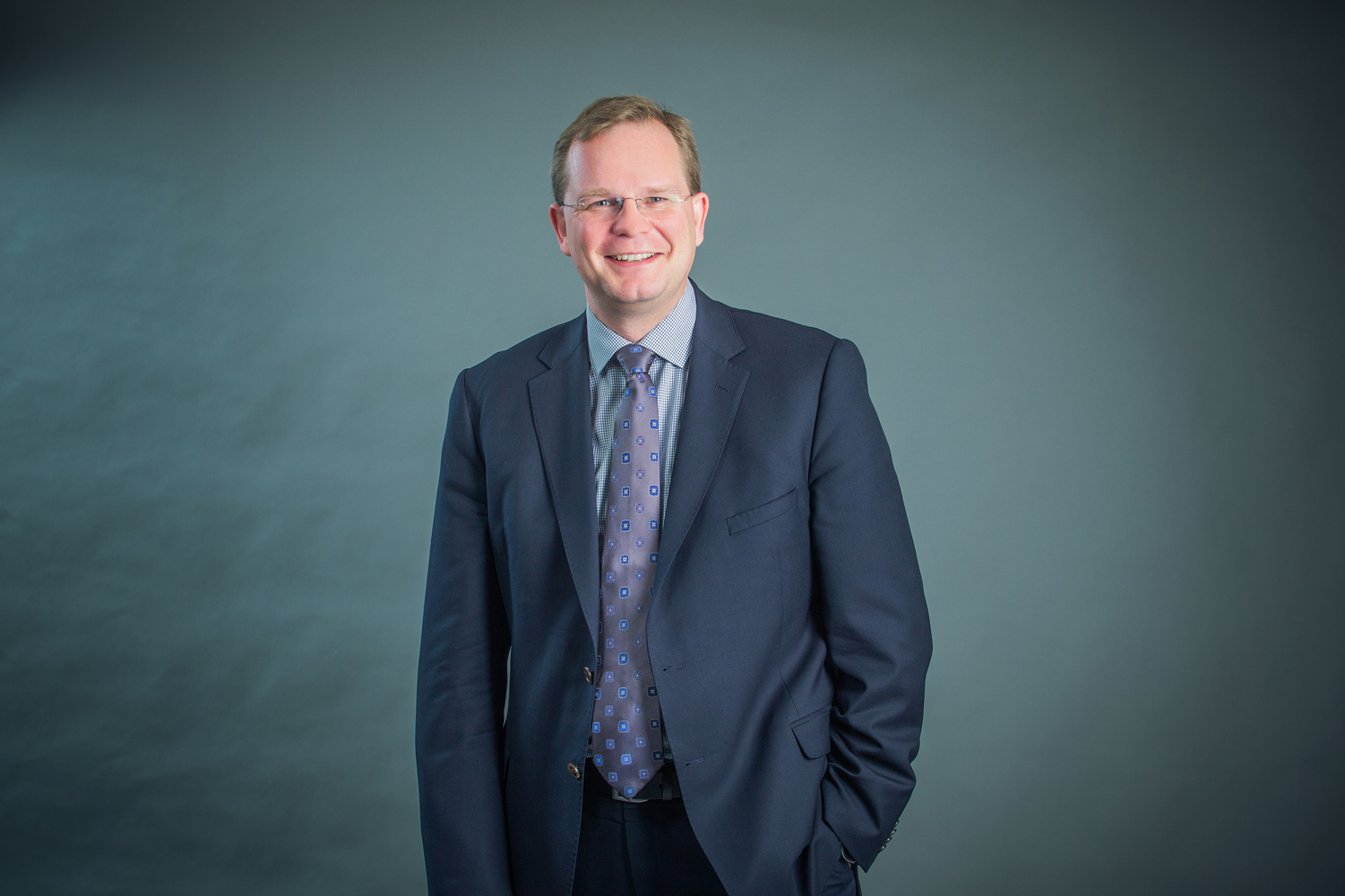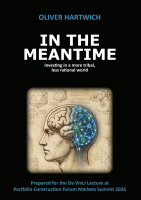Webinar video: Renovating the Nation: How Asset Recycling Can Help Solve the Infrastructure Deficit
This webinar launches Renovating the Nation: How Asset Recycling Can Help Solve the Infrastructure Deficit, a report by Roger Partridge arguing New Zealand can fund new infrastructure by recycling Crown-owned commercial assets the government does not need to own. Hosted by Dr Oliver Hartwich and featuring Fran O’Sullivan and Fraser Whineray (former CEO of Mercury), the discussion unpacks the New South Wales model and why New Zealand’s past asset sales failed to build trust. Read more









